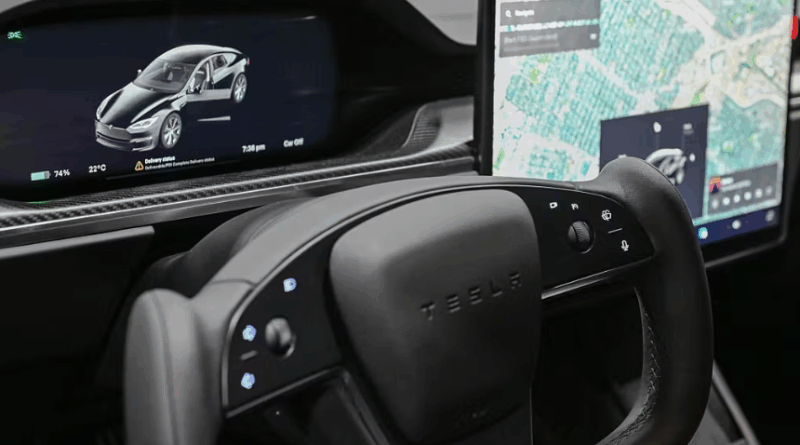Tesla Faces $243 Million Verdict In Lawsuit Over Fatal 2019 Autopilot Crash
A federal jury in Miami has ordered Tesla to pay up to $243 million after finding the company partially responsible for a fatal crash involving its Autopilot feature, marking a major legal blow to Elon Musk’s electric car empire just as it pushes deeper into self-driving technology.
The verdict, delivered Friday, determined that Tesla was 33% liable for a 2019 crash near Key Largo, Florida, that killed 27-year-old Naibel Benavides and severely injured her boyfriend, Dillon Angulo. The driver, George Brian McGee, was found to bear the majority of the blame—67%—but the jury still assigned significant liability to Tesla over its Autopilot system.
The case is the first federal trial involving a fatal crash linked to Tesla’s self-driving technology. The outcome could have broad implications not only for Tesla’s legal exposure, but for the future of autonomous vehicles across the industry.
Tesla has vowed to appeal the verdict. In a statement, the company said, “Today’s verdict is wrong and only works to set back automotive safety and jeopardize Tesla’s and the entire industry’s efforts to develop and implement lifesaving technology.”
Tesla’s legal team argued that the crash was entirely due to McGee’s negligence. He admitted in court that he had dropped his phone and was looking for it when his Tesla Model S, in Autopilot mode, barreled through a stop sign at 62 mph and slammed into a legally parked SUV. Tesla emphasized that McGee had his foot on the accelerator—an override of Autopilot—and had been using his phone for 13 minutes prior to the crash.
“No car could have prevented this crash,” said Joel Smith, an attorney for Tesla. “The driver was reckless, inattentive, and responsible for what happened.” He also pointed to Tesla’s clear instructions in the owner’s manual warning that Autopilot is not autonomous and that drivers must remain alert at all times.
But the plaintiffs argued that Tesla and CEO Elon Musk had long misrepresented the safety and capabilities of Autopilot. “The Tesla car is a good car,” said attorney Brett Schreiber. “It’s the Autopilot that will kill you.” Schreiber and his team highlighted Musk’s public statements claiming Autopilot is safer than human drivers and accused Tesla of giving consumers a false sense of security behind the wheel.
The crash at the center of the case occurred on April 25, 2019, as McGee approached an intersection and failed to see the stop sign. The Tesla struck an SUV parked on the side of a dirt road, killing Benavides and leaving Angulo with lifelong injuries. McGee testified he believed Autopilot would prevent a crash—even as he took his eyes off the road.
The jury’s decision lands at a pivotal moment for Tesla, which is preparing to launch self-driving robotaxis and expand its Full Self-Driving (FSD) software. The first autonomous Tesla robotaxis began testing in Austin, Texas, in June.
Tesla has also argued that the $243 million award may not stand, noting that Florida law limits punitive damages in product liability cases. “We are confident that the punitive damage award at a minimum, and likely this whole verdict, will be overturned by the appellate court,” the company said.
Still, the verdict is a warning shot—not just to Tesla, but to every automaker pushing the boundaries of driver-assist systems. As the race for full autonomy accelerates, this case underscores the legal risks and public scrutiny that come with it. Whether on appeal or in the court of public opinion, Tesla now finds itself defending more than its technology. It’s defending the very future of how we drive.

